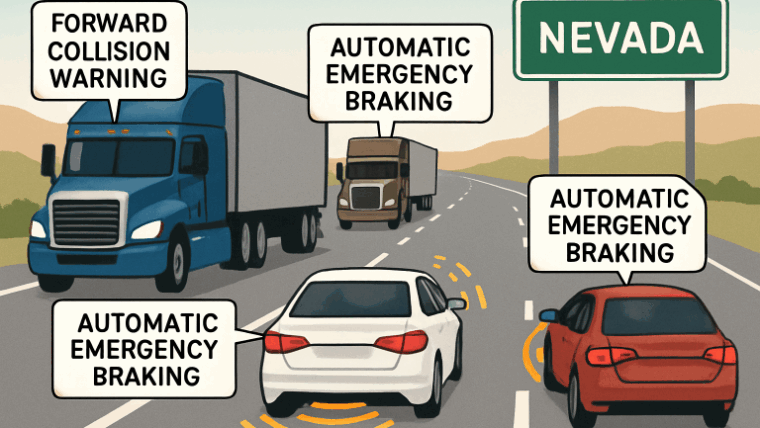Building effective relationships between local governments and their communities is crucial for fostering mutual trust, enhancing service delivery, and promoting civic participation. Transparent communication and consistent engagement serve as the bedrock of collaboration, ensuring both residents and officials work towards shared goals. For those seeking expertise in local government relations, understanding these strategies is vital for building and maintaining positive, productive partnerships.
Communities thrive when local governments prioritize openness, responsiveness, and collaboration. These attributes not only help residents feel valued but also align local services with the actual needs of the community. When communication barriers are minimized, policies and projects can progress more smoothly, maximizing public value and boosting civic morale.
Strengthening local government relationships relies on more than just good intentions. It requires a holistic approach—embracing community input, resolving disputes creatively, leveraging digital tools, and fortifying the physical environment to serve all constituents. Carefully cultivating these strategies can transform the dynamics in neighborhoods, cities, and towns nationwide.
Intentional and ongoing investment in these initiatives ensures public trust remains high, disagreements are handled constructively, and future challenges become opportunities for joint progress. In a climate where government trust is often challenged, committing to these best practices sets the foundation for lasting partnerships and resilient communities.
Table of Contents
Transparent Communication: The Foundation of Trust
Open communication between community leaders and residents sets the tone for every successful initiative. Transparency builds public trust by making local government activities visible and accountable. When officials openly share policy updates, decision rationales, and community data, they invite scrutiny and participation, creating a culture of mutual respect. For instance, publishing council meeting minutes, project timelines, and budget documents helps citizens stay informed and involved, while regular press releases and social media updates can dispel rumors and foster clarity among diverse audiences. According to the Pew Research Center, transparency has a direct influence on citizen trust and willingness to participate in local governance processes.
Regular opportunities for feedback, like town halls or online discussion platforms, give residents a voice in shaping their community, ultimately fostering a more engaged, empowered, and resilient population.

Community Outreach: Building Bridges with Residents
Proactive community outreach is crucial to understanding residents’ challenges and aspirations. Hosting public forums, workshops, and listening sessions ensures that government policies reflect genuine community values and challenges. Outreach initiatives, such as neighborhood councils or youth advisory boards, provide platforms for direct feedback and collaborative problem-solving. These efforts also help marginalized groups find their voice, ensuring that government actions are equitable and inclusive. Regular dialogue with residents not only addresses issues before they escalate but also reinforces the legitimacy of local government actions by demonstrating a genuine commitment to inclusion and participation.
Leveraging Technology for Enhanced Engagement
Modern governance is empowered by digital tools that streamline access to government services and enhance resident engagement. Platforms for online permitting, virtual town halls, and digital surveys lower barriers for participation and simplify routine processes. Data analytics enable more intelligent decision-making by providing officials with real-time insights about community needs and service gaps. Additionally, mobile apps and social media channels offer convenient ways for residents to report issues or access municipal information quickly. Embracing technology not only improves operational efficiency but also builds a responsive and adaptive government, capable of meeting residents where they are.
Dispute Resolution: Turning Conflict into Collaboration
Disagreements are an inevitable part of civic life, but effective dispute resolution transforms conflict from a roadblock into an opportunity. Mediation and alternative dispute resolution (ADR) programs involve impartial third parties who help stakeholders reach mutually agreeable solutions. This hands-on approach fosters open dialogue and reduces reliance on legal proceedings, freeing up valuable resources and nurturing a sense of community ownership over outcomes. Educational campaigns about available resolution channels and the consistent application of these programs help foster trust that fairness prevails in local decision-making. Successful dispute resolution fosters social bonds and serves as a model for constructive engagement within the broader community.
Investing in Infrastructure: Demonstrating Commitment
Investing in robust community infrastructure—such as roads, parks, libraries, and recreation centers—demonstrates a genuine commitment to resident well-being and future growth. Well-maintained infrastructure not only enhances daily life but also attracts new businesses, generates employment opportunities, and supports overall economic growth. Local leaders should prioritize transparent budgeting, long-term planning, and public input throughout infrastructure projects. By visibly addressing current needs and preparing for future demands, government officials signal that they are attuned to the aspirations and quality of life expectations of their constituents.
Conclusion
Fostering enduring partnerships between local governments and the communities they serve hinges on more than words—it’s about building trust, listening actively, embracing new technologies, resolving differences constructively, and investing in environments where people can thrive. By prioritizing these strategies, local governments lay the foundation for resilient, prosperous, and equitable communities now and for years to come.

